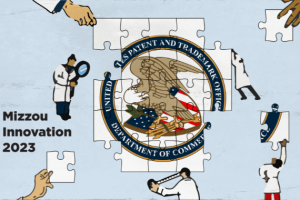
July 16, 2024
The patent puzzle
Mizzou researchers work with the Office of Technology Advancement to protect and promote their discoveries.
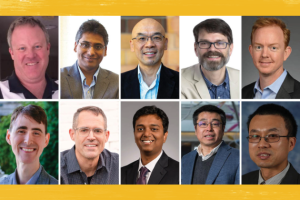
July 16, 2024
Reporting on AI? Mizzou has the experts you need.
Artificial intelligence (AI) stands as the frontier of technological revolution — poised to reshape every facet of our lives. As leaders in AI research, The University of Missouri is happy to connect you with the right expert.

July 9, 2024
Hackers beware: Research shows AI can assist with cybersecurity
A Mizzou researcher and collaborators found that leading chatbots can pass certified ethical hacking exams.
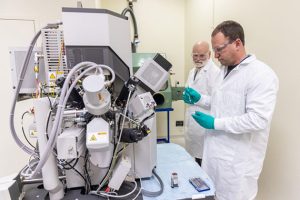
Jan. 30, 2024
Sparking innovation for research
A scanning electron microscope at the University of Missouri Research Reactor will enhance the facility’s investigative capabilities for materials research and discoveries.
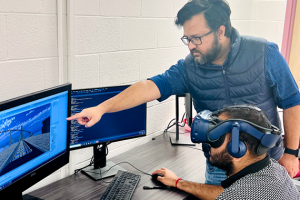
Nov. 15, 2023
Mizzou Engineer developing system to combat cybersickness experienced by soldiers using XR goggles
In theory, augmented and virtual reality are ideal tools to train soldiers for battle in safe, controlled settings. In reality, these extended reality (XR) goggles are causing all sorts of problems — headaches, nausea, eye strain and other forms of so-called cybersickness.
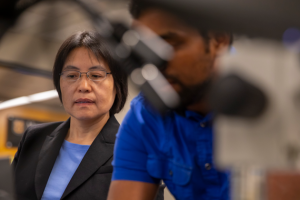
Nov. 2, 2023
Researcher outlines process to simplify manufacturing of solid-state lighting
LED lighting is replacing traditional incandescent lighting across the country. These light-emitting diodes are energy efficient, but also problematic. Not only are they costly, they also emit harsh blue lighting that’s polluting our night sky and interrupting our sleep patterns. Mizzou Engineering’s Peifen Zhu is coming up with better solid-state lighting technology.
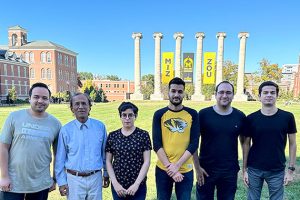
Oct. 25, 2023
Engineering team places first, third at inaugural segmentation challenge
A Mizzou Engineering team took first and third place at a new competition aimed to advance methods to not only detect but also trace the 3D shape of a specific type of brain lesion in newborns. The BONBID-HIE Lesion Segmentation Challenge was part of the International Conference on Medical Image Computing and Computer Assisted Intervention (MICCAI 2023) and sponsored by Boston Children’s Hospital and its Fetal-Neonatal Neuroimaging Developmental Science Center and Harvard Medical School.

Oct. 10, 2023
Calyam leading efforts to establish zero trust cybersecurity approach for battlefield communications
A Mizzou Engineer is leading efforts to establish a new cybersecurity approach to better protect classified information and communications on the battlefield. Prasad Calyam — Greg L. Gilliom Professor of Cyber Security and director of the Mizzou Center for Cyber Education, Research and Infrastructure — is leading the project as Principal Investigator of a National Security Agency grant.

Sep. 29, 2023
Team devising methods to make computer chips more energy efficient, sustainable
A Mizzou Engineering team is devising a method to make computer chips designed to run deep neural networks (DNNs) not only reliable, but also energy efficient and sustainable.
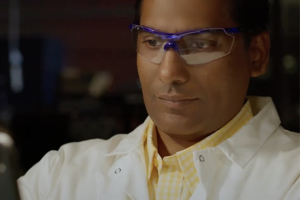
July 26, 2023
Mizzou Engineer secures NSF grant to increase computational storage at MU
A Mizzou Engineer is leading an interdisciplinary project that will provide a large-scale storage solution for the thousands of images being generated daily and will leverage artificial intelligence to help researchers analyze the data they collect.